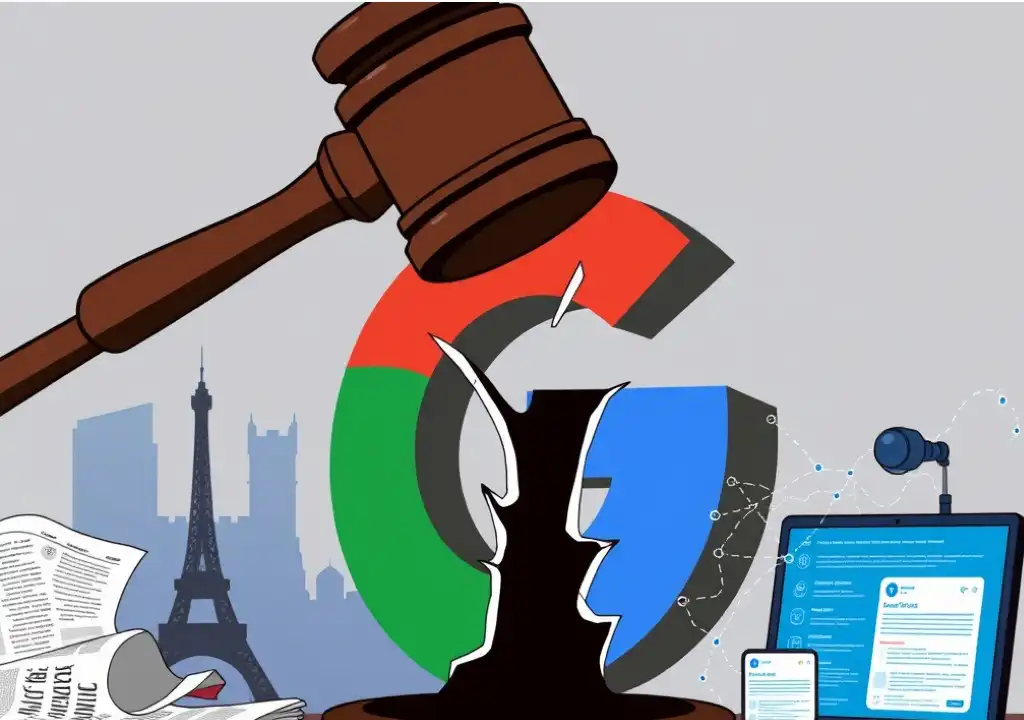Competition Authority Accuses Google of Failing to Honor Settlement and Negotiate Fairly
Google has been hit with a €250 million ($272 million) penalty by France’s competition regulator for failing to uphold promises made to media firms regarding content licensing agreements.
The French Competition Authority announced the fine on Wednesday, linking it to a previous 2019 complaint filed by French newspaper and magazine associations. These media groups had accused major online platforms, including Google, of profiting significantly from their journalistic content without providing adequate compensation to the original content creators.
In 2021, Google was already fined €500 million ($592 million) by the same regulator for not engaging in sincere negotiations. The company later dropped its appeal in 2022, seemingly resolving the dispute. However, the authority now claims that Google has violated four of the seven commitments it had agreed to, particularly failing to negotiate transparently and in good faith with publishers.
One of the major concerns was that Google’s AI chatbot, formerly Bard and now known as Gemini, used publishers’ and news agencies’ content for training without properly informing them.
Google Admits to Issues But Labels Fine Excessive
The regulator stated that Google has accepted the facts without dispute and suggested a series of corrective measures to address the identified issues. The company explained its decision to settle, saying it was time to move forward and prioritize meaningful collaboration with French media.
Google also argued that the financial penalty was excessive and criticized the regulator’s assessment, claiming it didn’t fairly consider the company’s efforts to navigate a complex and unpredictable digital environment.
Context: European Push for Fair Content Compensation
This decision marks the fourth time in four years that Google has been penalized in the EU for failing to adhere to legal guidelines designed to create fairer negotiations between news publishers and tech platforms.
The European Union introduced “neighbouring rights” in 2019, a copyright law allowing publishers to seek payment for digital use of their content. France became the first country to actively test this law, and eventually, Google and Facebook agreed to compensate French media for news links featured in search results.
This latest penalty comes amid a broader movement by media organizations and writers to protect their online work from being harvested by AI models without their permission or compensation. In 2023, The New York Times sued Microsoft and OpenAI over similar allegations.
Growing Scrutiny Across the EU
Other European nations have also taken action. Spain’s antitrust body began investigating Google in 2023 for potentially unfair practices towards news publishers. Meanwhile, in 2022, Germany’s competition authority dropped its probe into Google’s News Showcase after the company made substantial changes to meet competitive standards.

